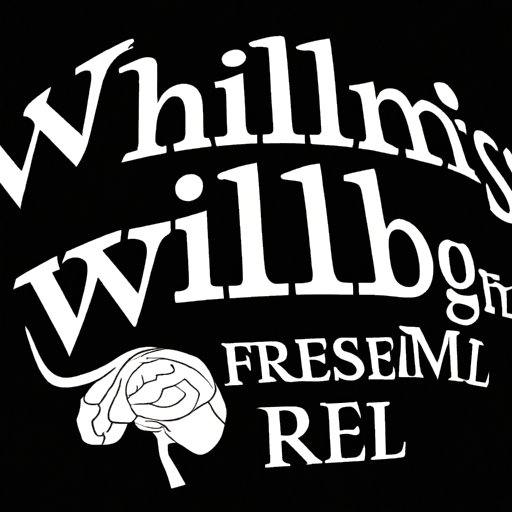
I. Introduction
Free will is commonly understood as the power of acting without constraint in determining one’s conduct. But do humans really have this freedom to make choices that are not predetermined by physical or social forces?
This article explores different perspectives on the existence of free will, from philosophical debates to scientific research. We examine how different cultures and religions have conceptualized free will throughout history, and use examples from popular culture to illustrate how ideas about control and agency have influenced our worldview. We also share personal experiences to encourage readers to reflect on their own beliefs about free will and what it means for their lives.
II. Philosophical perspectives
Philosophers have long debated whether free will is real or an illusion. Some thinkers believe in determinism, which suggests that every event is caused by prior events. According to determinists, everything that happens in this world, including human decisions, is predetermined and therefore not truly free. Others hold that free will exists and that humans are capable of making choices independent of external or internal factors.
The debate between determinism and free will has important implications for moral and legal responsibility. If people’s choices are predetermined, how can we hold them accountable for their actions? This question raises thorny ethical and legal issues, and is an ongoing source of debate in many fields.
III. Scientific research
Research in neuroscience has suggested that our brains are hardwired to make certain decisions. Studies have shown that brain activity can predict decisions before people are even aware of having made them. This leads many to question whether free will is really possible, or if our choices are simply the result of biological or environmental factors beyond our control.
This scientific perspective intersects with philosophical debates about free will, as both ultimately seek to understand the nature of human decision-making and agency. While neuroscience can provide insights into the mechanisms of decision-making, it does not necessarily prove or disprove the existence of free will itself.
IV. Historical approach
Throughout history, humans have grappled with the concept of free will from different philosophical and religious perspectives. For example, ancient Greeks believed in a form of fate or destiny, while early Christians emphasized the role of God’s will in shaping human lives. Today, different cultures and religions continue to have different perspectives on the nature of human agency and responsibility.
Over time, ideas about free will have changed and developed, reflecting broader cultural and societal shifts. While the concept of free will remains an important part of many philosophical and religious traditions, it is also impacted by the social and cultural context in which it is discussed.
V. Examples from popular culture
Popular culture often explores themes of control and agency, reflecting broader societal concerns. Films, literature, and other forms of media provide us with a window into how different ideas about free will have evolved over time. For example, in the film The Matrix, the lead character Neo must choose between accepting a predetermined fate or fighting for the freedom to make his own choices. Similarly, in the novel The Handmaid’s Tale, characters struggle against the oppressive societal forces that limit their agency.
By examining these works, we can gain deeper insights into how different cultures and historical periods have grappled with questions of control and agency.
VI. Personal approach
At a personal level, reflecting on our own experiences can provide us with insights into the nature of free will. We may have moments where we feel in control of our lives and able to make choices that impact our future. Alternatively, we may feel that our decisions are limited by societal or environmental forces beyond our control.
Sharing personal experiences and beliefs can help us to consider these complex questions on a more intimate level, and to appreciate the nuanced nature of these debates.
VII. Conclusion
The existence of free will has been debated by philosophers, scientists, and everyday people for centuries. While there may be no definitive answer, examining different perspectives can help us to better understand the complexity of this question. Whether through philosophical debates, scientific research, historical inquiry, or personal reflection, exploring the concept of free will can help us to make sense of our own lives and the world around us.
To engage with these debates, we encourage readers to explore related literature, seek out philosophical or religious communities, or simply reflect on their own experiences of choice and control.





